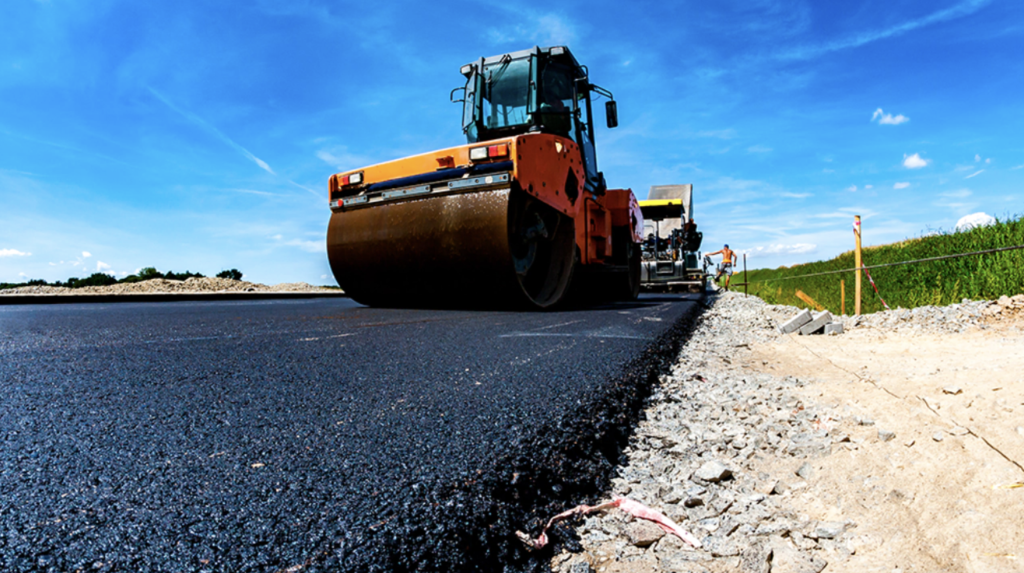
On several occasions in past years, a road project that would shorten distances and open up the mountain areas to mining projects comes to the forefront. Once again, environmentalists are explaining that this would be catastrophic for the country’s main water sources, key for the food security and health of the population.
A report in Noticias SIN tells of the findings of a technical report jointly produced by the Environmental Commission of the Autonomous University of Santo Domingo (UASD) and the Academy of Sciences of the Dominican Republic (ACRD) on the proposed “Sabaneta to Sabaneta” mountain road project. The road would link San Juan de la Maguana and Santiago Rodríguez provinces through the Central Mountain Range. Once again the environmental experts say the project should be permanently shelved due to its severe environmental impact, economic unfeasibility, and irreversible risks to the country’s water security.
The report concludes: “Proceeding with this road would be a strategic error that would mortgage the natural heritage of future generations,” the report warns. The final decision now rests with Congress, facing pressure from environmental groups and the scientific community’s call to prioritize water over short-term interests.
The key findings of the recent report are:
- Catastrophic environmental impact:
• The highway would fragment three national parks (Armando Bermúdez, José del Carmen Ramírez, and Nalga de Maco), threatening 709 water sources that provide 50% of the nation’s freshwater.
• It would destroy cloud forests that capture up to 80% of additional water through “horizontal rain” (fog), reducing flow in major rivers like the Yaque del Norte, Yaque del Sur, and Artibonito.
• It poses a risk to endemic species such as the solenodon, hutia, and unique bird species. - Technical and economic unfeasibility:
• The estimated cost (US$400-US$600 million) is disproportionate for a road expected to handle only 250 vehicles daily, with a return on investment of just 1%.
• Construction would require complex structures like 6-kilometer tunnels, viaducts, and retaining walls on unstable terrain, carrying a high risk of landslides and erosion. - Existing alternatives:
• Existing routes like Constanza–Padre Las Casas and Piedra Blanca–Ocoa already connect the Cibao and South regions with less environmental impact. Upgrading these routes would cost a fraction of the proposed project’s budget. - Violation of Laws and International Treaties:
• The project contradicts the Protected Areas Law 202-04, the Dominican Constitution, and international commitments such as the Ramsar Convention and the recent UNESCO designation of the Central Mountain Range as the “Madre de las Aguas” Biosphere Reserve (2024). - Limited benefits, widespread risks:
• While proponents argue for tourism and commercial development, the report highlights that it would primarily benefit private interests (transportation companies, potential mining projects) while harming farmers and communities dependent on water resources.
For decades, the road has met with opposition for the same reasons mentioned above. The report emphasizes that this project has been rejected for five decades by governments of various political stripes, from the Trujillo era through the administrations of Leonel Fernández (1996-2000, 2004-2008, 2008-2012), Danilo Medina (2012-2016, 2016-2020), and now Luis Abinader (2020-2024, 2024-2028).
In 2014, during the Medina administration, the Ministry of Environment already deemed it “unfeasible” due to its impact on protected areas.
The institutions urge the Senate and the government to reject the project. They urge the government instead focus on sustainable local development and the strengthening of the protection of the Central Mountain Range, an area that is crucial for water security.
Read more in Spanish:
Noticias SIN
13 May 2025

